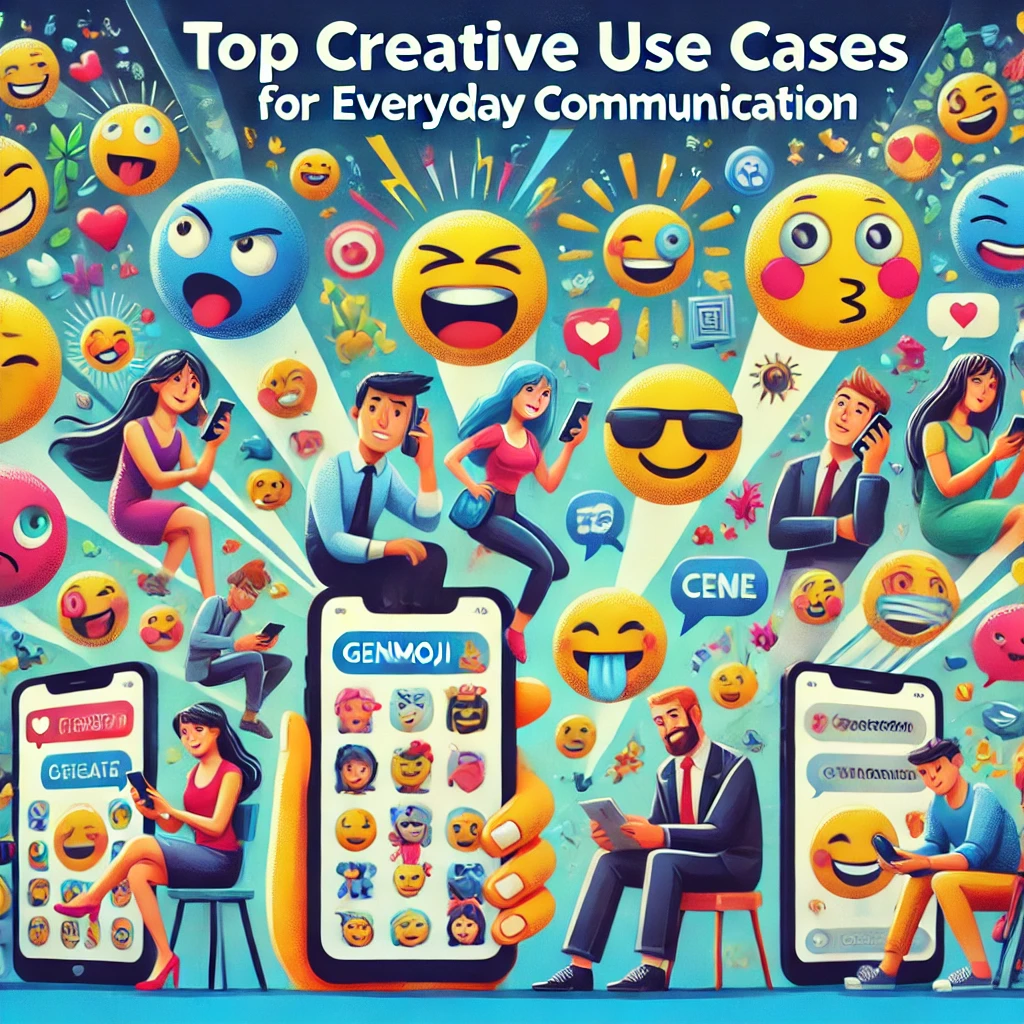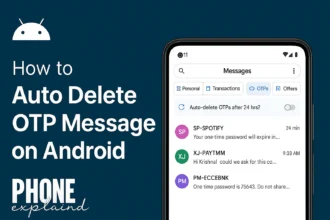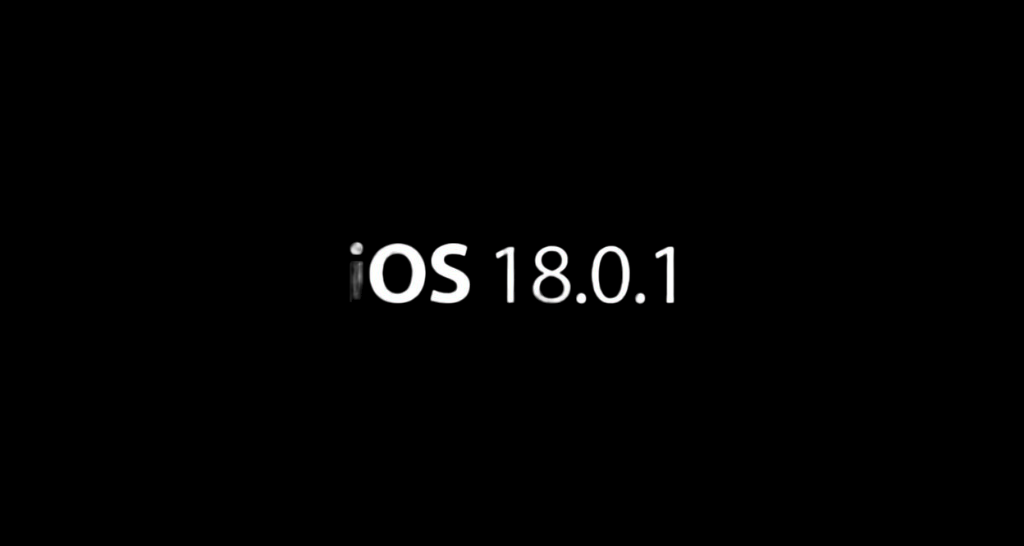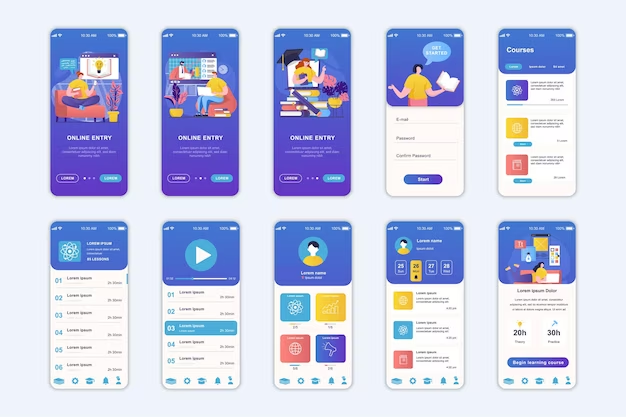
In today’s fast-paced digital world, personalized education apps are transforming how we learn, making it possible to tailor educational experiences to the individual needs of each student. These cutting-edge applications leverage the power of Artificial Intelligence (AI) and Machine Learning (ML) to create customized learning paths that adapt to a student’s strengths, weaknesses, and learning pace. As traditional education models face increasing scrutiny for their one-size-fits-all approach, personalized education apps offer a promising alternative, providing students with the tools they need to succeed in a way that resonates with their unique learning styles.
The rise of personalized education apps is more than just a trend; it represents a fundamental shift in how we think about education. With the integration of AI and ML, these apps can analyze vast amounts of data to provide insights into a student’s progress, predict areas where they might struggle, and offer targeted interventions to help them overcome challenges. This approach not only enhances learning outcomes but also empowers students to take control of their education, fostering a deeper engagement with the material and a more profound understanding of the subject matter.
The Power of AI in Personalized Education
How AI Identifies Learning Patterns
AI algorithms in personalized education apps are designed to identify unique learning patterns by analyzing data such as quiz results, assignment submissions, and even time spent on specific tasks. This allows the app to understand a student’s learning style and adapt the content accordingly.
Real-Time Feedback and Adjustments
One of the most significant advantages of AI-driven education apps is the ability to provide real-time feedback. By continuously monitoring a student’s performance, these apps can offer immediate suggestions for improvement, helping students stay on track and adjust their study methods as needed.
Customizing Content to Individual Needs
Personalized education apps can deliver content that matches a student’s current understanding and skill level. By using AI, these apps ensure that the material is neither too challenging nor too easy, keeping students engaged and motivated to learn.
Predicting and Preventing Learning Gaps
AI’s predictive capabilities allow personalized education apps to identify potential learning gaps before they become significant issues. By addressing these gaps early, students can avoid falling behind and maintain a steady progression through their coursework.
Enhancing Teacher-Student Interactions
AI in personalized education apps doesn’t just benefit students; it also provides teachers with valuable insights. By highlighting areas where students are struggling, teachers can offer targeted support, making their interactions with students more effective and meaningful.
Machine Learning’s Role in Education Customization
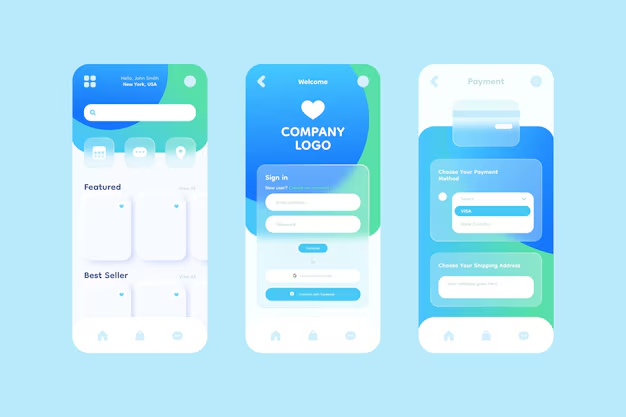
Analyzing Student Data for Better Outcomes
Machine Learning algorithms excel at processing large amounts of student data, uncovering trends and patterns that might not be immediately obvious. This analysis helps in tailoring educational content to each student’s needs, improving overall learning outcomes.
Adaptive Learning Paths
Machine Learning enables the creation of adaptive learning paths that evolve as a student progresses. By continuously adjusting the curriculum based on the student’s performance, these apps ensure that the learning experience is always aligned with the student’s current abilities.
Personalizing Assessments
Traditional assessments often fail to capture a student’s true understanding of a subject. Machine Learning allows for the development of personalized assessments that reflect each student’s unique learning journey, providing a more accurate measure of their knowledge.
Automating Routine Educational Tasks
Machine Learning can automate many routine tasks in education, such as grading assignments and generating reports. This automation frees up time for teachers to focus on more critical aspects of teaching, such as developing personalized learning strategies for their students.
Facilitating Continuous Improvement
Machine Learning algorithms can continuously learn and improve over time. As more data is collected, these algorithms become better at personalizing educational content, making the learning experience increasingly effective for each student.
The Impact of Personalized Education on Student Engagement
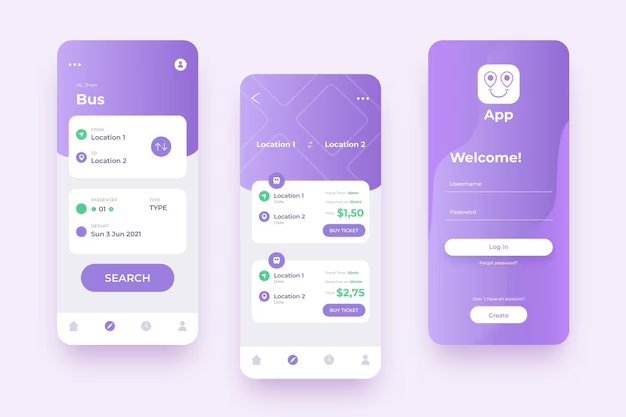
Increasing Motivation through Customization
Personalized education apps boost student motivation by tailoring the learning experience to their interests and preferences. This customization makes learning more enjoyable and encourages students to stay engaged with their studies.
Building Confidence with Personalized Support
Students often struggle with confidence when faced with challenging material. Personalized education apps offer tailored support that helps students overcome these challenges, building their confidence and encouraging them to take on more difficult tasks.
Encouraging Active Participation
By adapting to each student’s learning style, personalized education apps promote active participation in the learning process. Students are more likely to engage with the material when it is presented in a way that resonates with them.
Reducing Learning Anxiety
Personalized education apps can help reduce learning anxiety by providing content that matches a student’s current level of understanding. This approach prevents students from feeling overwhelmed and allows them to learn at their own pace.
Enhancing Long-Term Retention
When students are engaged and motivated, they are more likely to retain the information they learn. Personalized education apps, by customizing the learning experience, help students achieve a deeper understanding of the material, leading to better long-term retention.
Conclusion
The advent of personalized education apps, powered by AI and Machine Learning, marks a significant evolution in the way we approach learning. By tailoring educational experiences to individual needs, these apps not only improve learning outcomes but also foster a deeper connection between students and the material they are studying. As education continues to evolve, personalized learning experiences will likely become the norm, offering students a more effective and engaging way to learn.
Final Thoughts
Personalized education apps are reshaping the educational landscape, offering a more tailored and effective approach to learning. Whether you’re a student looking to enhance your understanding or an educator seeking new ways to engage your students, the integration of AI and Machine Learning in education is something you won’t want to miss. To learn more about personalized education apps and how they can benefit you, explore our website for additional resources and insights.

